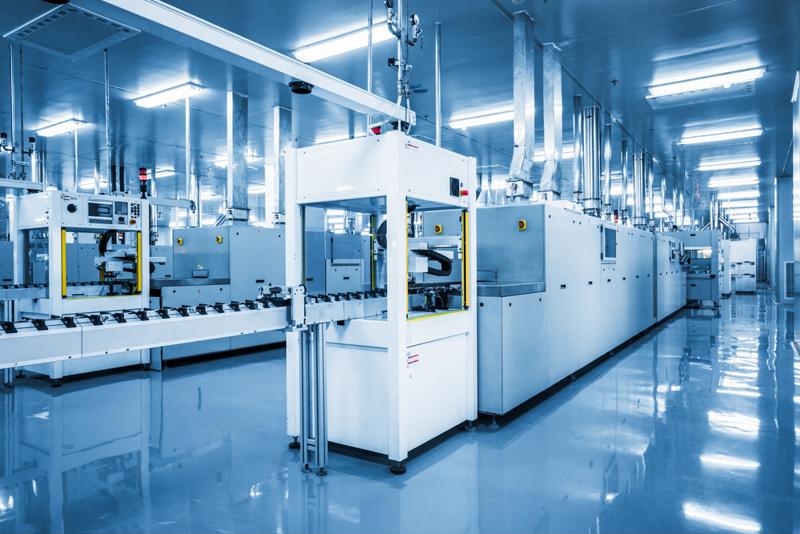It's important for business leaders in all lines of work to pay close attention to their habits where water consumption is concerned. Because water is a natural resource and supply is directly tied to factors one can't control, such as rainfall, the only way to rein in spending is to be careful about one's own demand. The more water we use, the more we drive up the price for both ourselves and others.
This is especially true in the manufacturing industry. Manufacturing companies are responsible for developing the products we all know and love today, but studies have shown that they're also to blame for a significant share of the world's water consumption, which affects us all adversely. If manufacturers were to take even modest steps toward reducing their footprint, it would help improve the economic climate as well as their bottom lines specifically.
The background on industrial water use
As individuals, we use a great deal of water in our daily lives, whether we're washing the dishes, showering or whatever else. But according to Sustainable Manufacturer Network, a significant portion of the world's water usage is accounted for by the manufacturing industry in addition to people in their own homes.
"The more water we use, the more we drive up the price for both ourselves and others."
Gregory Bachman, director of technology and lab services at Evoqua Water Technologies, told the news source that he estimates the industry is responsible for about 5 percent of the world's total water consumption. Manufacturers use water regularly for a wide variety of applications including generating power, making steam for processing and cleaning, regulating temperatures, washing equipment and many other routine tasks. All of the above can add up.
A success story in water sustainability
Fortunately, there are ways that manufacturing companies can shrink their water consumption footprints, doing both themselves and the world around them a giant favor. Chief Executive recently reported on one such example. Method Products, a factory on the south side of Chicago, recently unveiled a massive new sustainability initiative, and smarter water usage was right at the center of it.
 The manufacturing industry uses massive amounts of water daily.
The manufacturing industry uses massive amounts of water daily.Method announced that it would fulfill half of its annual power needs with an on-site wind turbine and solar energy system. The company also broke ground on a new 1,520-square-foot green roof, a light-reflecting rooftop and skylights in the distribution center. But the star of the show involved water – Method's new 120-gallon water heating system promises to work wonders for the company's water efficiency. By making the move to a high-efficiency water heater, Method can expect to see massive savings.
How tankless heaters can help
When companies make the bold decision to embrace commercial tankless water heaters, they tend to quickly discover the many benefits of the move. First and foremost is cost – tankless heaters tend to be far more affordable than some of the other modern heating alternatives like solar-based systems.
That's not all, though. Tankless heaters also offer a life expectancy of 20 years or more, and on average, they're between 8 percent and 34 percent more efficient than other heaters such as storage-based systems. Add it all up, and it's clear that tankless heaters represent a great business decision.

